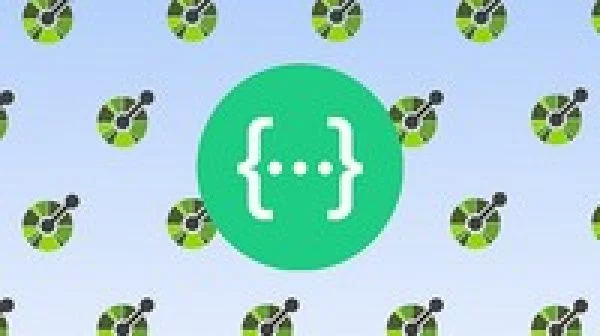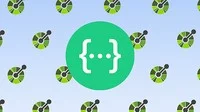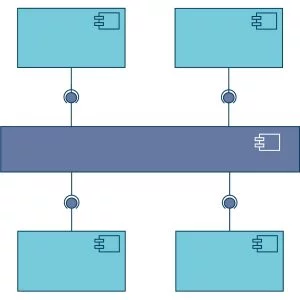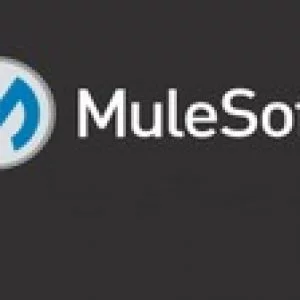
The Open API Specification (often called Swagger ) is currently the most popular way to create definitions of RESTful APIs. With these definitions, you can create sophisticated, autogenerated documentation, generate SDKs in several languages, and do automated testing. Swagger is a set of open source tools that use these Open API Specification definition files.
This class is for people in the software industry who are fairly technical, but are not software developers: for example, project managers, API product managers, and technical writers. It assumes that you understand REST and JSON, but that’s about all. It is meant to be for people who are new to the Open API Specification and Swagger, rather than for experts. It covers:
What you can do with Open API Specification (OAS) files
The YAML file format
How to create an OAS file
How to specify security
How to add documentation
How to write an OAS file in JSON
Alternatives to Swagger and OAS
This class does not cover:
How to set up Swagger on your own server
How to modify Swagger open source code
In addition to videos, this course contains 8 hands–on exercises that lead you step–by–step in creating an API definition file, including a final project where you create a file from scratch using documentation from an actual commercial API. It also contains a document with resources on learning more about OAS, Swagger, and alternatives.
Instructor Details
Courses : 5
Specification: Learn Swagger and the Open API Specification
|
5 reviews for Learn Swagger and the Open API Specification
Add a review Cancel reply
This site uses Akismet to reduce spam. Learn how your comment data is processed.

$34.99 $10.99







Ritu Sachdeva –
I really liked the course. I feel confident in Swagger and at least the basics of YAML, and publishing my own basic API documentation. I need to spend more time to understand when to use the array and object types, specially by looking at the response section. Maybe revisiting some of the ppts will be helpful.
Tina Breaton –
Great explanation, easy to understand.
Abhish Lohithan –
Very precise and just enough to learn and get the work done.
Michael Hunter –
Speaker is good, didn’t find repeat himself or use a lot of uh, or um. Stayed focused, and covered key points with appreciated brevity. Even though I’m a developer, I found leaving out all non documentation related stuff such as Spring Boot etc., made the course better than some others that try to throw in the kitchen sink.
Ashish Kumar –
Yes its good , but should this integrate with java as well.